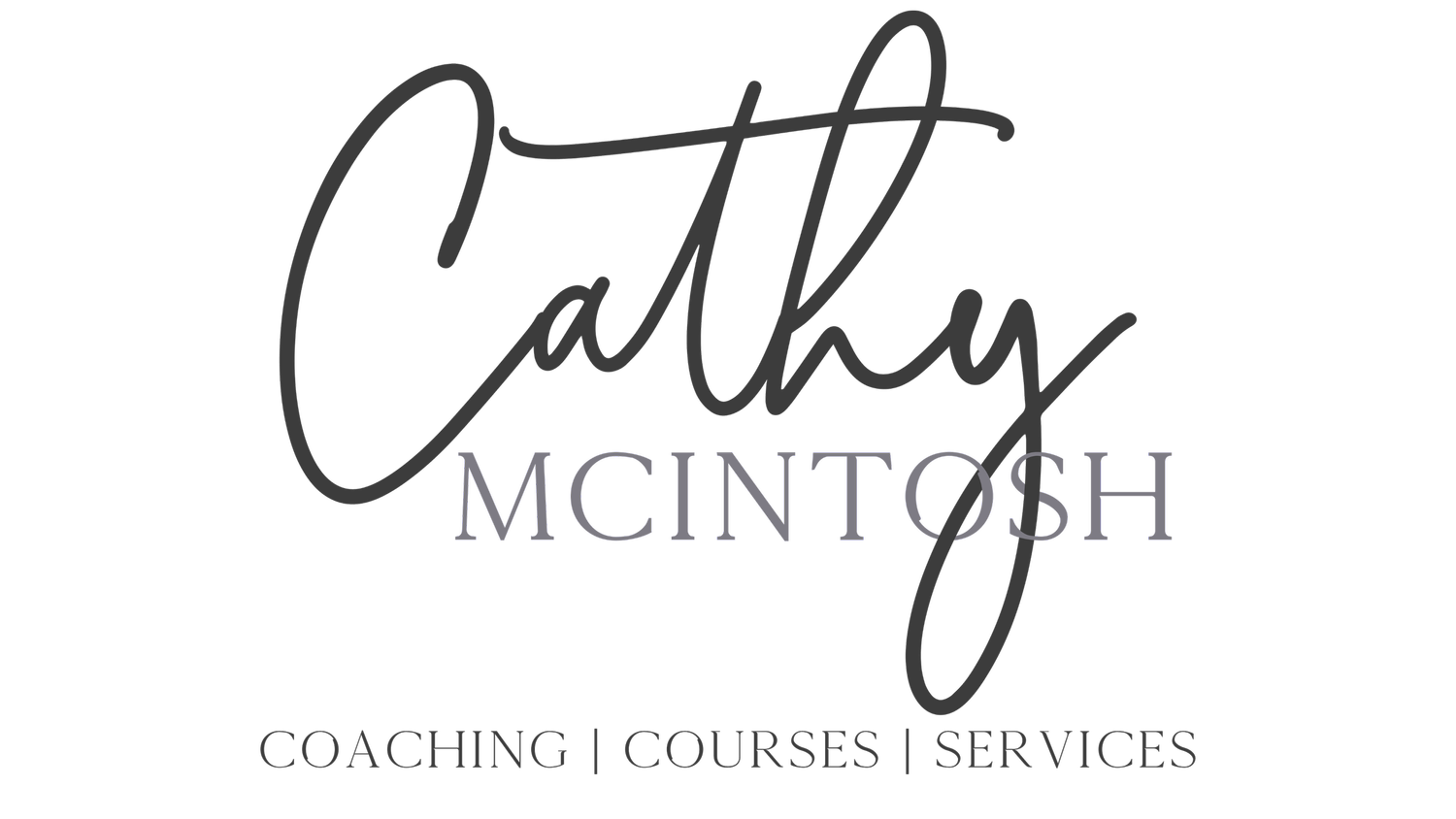Build Trust and Strengthen Your Reputation With a Core Message
Distinguishing oneself as a writer or content creator is more challenging than ever. The problem is not just about what to write but how to write in a way that resonates, retains, and reflects the uniqueness of your voice and expertise. In this article, I’ll unwrap the concept of a core message—a writer's compass, a plumbline that helps you stay true to your path and best serve your audience.
The Fear of Focus—Why Many Writers Resist A Core Message
Many writers grapple with the fear of narrowing their audience or limiting their topics. They are apprehensive that a core message might not resonate or be outright rejected. But without a core message, writers are tempted to add too many topics to their content. That only dilutes a writer's voice and, if I put it bluntly, adds their content to the chaos of a noisy online environment.
What is a Core Message, And Why Is It Important?
A core message is the fundamental idea or value proposition that a writer or brand communicates to its audience. It’s the main theme of your business—your area of expertise that draws readers and a larger audience to your online presence.
A core message encapsulates what you stand for, what you offer, and why it matters to your audience. It serves as the foundation upon which all your communication is built.
Here’s a breakdown of its key components:
Clarity: It clearly articulates your mission, vision, or value proposition, helping your audience understand what you do, why you do it, and how it benefits them.
Consistency: It is consistently conveyed across all platforms and mediums, from your website and social media to your marketing materials and personal interactions. This repetition reinforces your message, making it more memorable and impactful.
Differentiation: It distinguishes you from competitors by highlighting what makes you unique. This could be your approach, your values, your services, your perspective, your experiences, or your products—anything that makes you stand out in the minds of your audience.
Resonance: The best core messages will connect emotionally with your target audience, tapping into their needs, desires, and challenges. A core message that resonates is more likely to inspire action, whether that’s engagement, loyalty, or purchase.
Simplicity: It is concise and easy to understand, avoiding jargon and complexity. A simple, direct message is more likely to be remembered and repeated.
Focus: It centers on a singular idea or theme, avoiding the temptation to be all things to all people. A focused message helps attract and retain an audience genuinely interested in what you offer.
Your Core Message = Your Compass
A core message is the soul of your content, the DNA of your digital presence. It ensures your writing doesn't just speak but sings, resonating deeply with your intended audience. Let's break it down in a memorable manner:
Clarity—Originality—Resonance—Expertise
Clarity in what you stand for.
Originality in your unique perspective.
Resonance with your audience's needs and desires.
Expertise in your chosen domain.
These four pillars are the foundation of a compelling core message, guiding your content creation journey and ensuring every piece you create gives your audience what they need and expect from you as their guide.
Addressing Fears and Embracing Individuality
You might worry that by focusing on one core message, you'll alienate potential readers or box yourself into a corner. But the truth is, a core message does the opposite:
It establishes your voice, distinguishing you from the crowd.
It sets you apart, showcasing your unique insights.
It positions you as an expert, building trust and credibility.
It clarifies why people should follow you, giving them a reason to engage.
It serves your audience with excellence, ensuring their time with your content is well-spent.
When you predominantly share content aligned with your core message (aiming for at least 60% focus), your audience will know what to expect and feel satisfied, respected, and valued.
How to Develop and Implement Your Core Message
Implementing a core message requires strategy, consistency, and reflection. Here's a simple framework of how to do it:
1. Discover and Define Your Core Message
Start by looking inward and reflect on what drives you, what you're passionate about, and where your expertise lies. Consider what unique perspective you bring to your readers or clients and how you can best serve your audience. This step is about marrying your passion with purpose, ensuring your core message is authentic and appealing.
2. Integrate Your Core Message Across All Platforms
Once your core message is crystal clear, weave it into every aspect of your online presence. Make your core message front and center, from your website to your social media profiles. This doesn't mean you can't explore topics outside your core message, but they should complement it, not confuse it. Consistency in this effort will reinforce your message, making your brand memorable.
3. Engage, Reflect, and Adapt
Engagement is a two-way street. Listen to your audience's feedback and observe how they react to different types of content. This interaction will offer insights into how well your core message is being received and whether it needs refinement. Be willing to adapt and evolve your message as you grow and learn more about your audience's needs.
A core message is more than a content strategy; it's a commitment to authenticity and excellence. It promises your audience that they can expect helpful, encouraging, and meaningful content. Following the three-step plan of discovering, integrating, and engaging with your core message, you pave the way for audience growth AND meaningful connections.
Remember, your core message helps navigate you through the noise, ensuring every piece you create contributes to a larger, more impactful narrative. Embrace it, and watch as it transforms your content and relationship with your readers.



